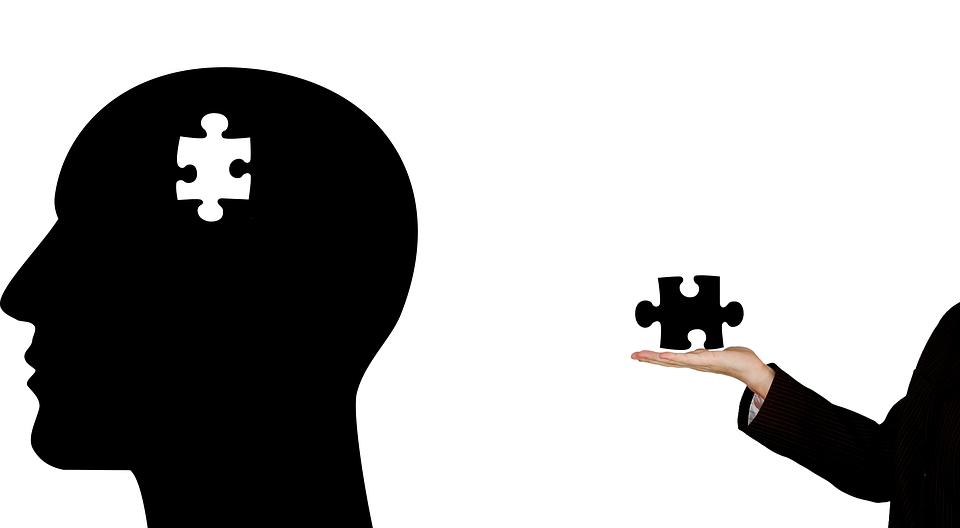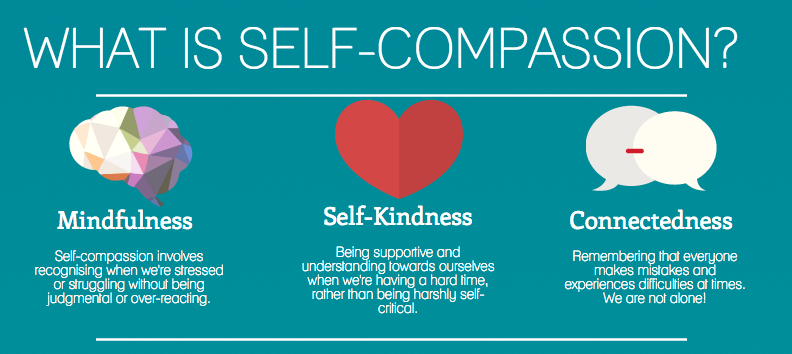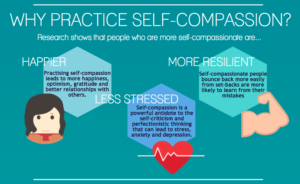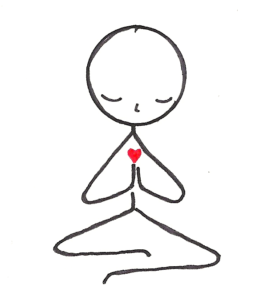
Therapy Options Explained
Hypnotherapy for anxiety and depression offers a powerful, natural way to support emotional healing. One in three people will experience anxiety or depression at some point in their lives. Whether triggered by daily stress, trauma, or loss, these emotional states can deeply affect your quality of life. And medication isn’t always the answer.
🌬 Start with Breath: A Simple Reset
When anxiety strikes, the first step is to breathe. Deep, intentional breathing sends oxygen to your cells and signals your body to relax. Try this:
Inhale deeply through your nose
Hold for a few seconds
Exhale slowly through your mouth
Repeat 2–3 times
This simple technique helps regulate your nervous system and prepares your body for deeper healing.
🧠 How Hypnotherapy Supports Emotional Healing
Hypnotherapy for anxiety and depression goes beyond talk therapy. It’s a scientific, subconscious-led approach that helps clients release emotional patterns rooted in past experiences.
Unlike counselling, hypnotherapy works directly with the subconscious mind to reframe traumatic events and dissolve emotional triggers. This empowers clients to respond with clarity rather than automatic reactions.
🔍 What Happens in Hypnosis?
According to the International Medical and Dental Hypnotherapy Association:
“Hypnosis may be defined as an educational communication process to a person’s mind that allows his/her conscious and subconscious mind to receive the same message. The process produces an altered state of consciousness through physical and mental relaxation.”
Hypnotherapy is not stage hypnotism. You remain in control, aware, and aligned with your values throughout the process.
⚔️ Understanding Anxiety and Depression
Anxiety is your body’s fight response—an automatic reaction to perceived threats. If unresolved, it can evolve into depression, the flight response, where energy and motivation retreat.
Hypnotherapy for anxiety and depression helps interrupt this cycle. It begins with relaxation, then guides the subconscious to resolve the root emotional cause—without reliving the trauma.
💡 Can Anyone Be Hypnotized?
Yes. If you can focus, you can be hypnotized. In fact, you already experience hypnotic states daily—while driving, watching TV, or daydreaming.
Hypnotherapy simply uses this natural state to support healing.
🌱 What to Expect at Newleaf Total Wellness Centre
We offer several hypnotherapy packages tailored to your needs. Our Anxiety and/or Pain Management session is a 45-minute introduction to hypnotherapy, allowing you to experience hypnosis before beginning advanced therapy.
Corinne Ropp, Cht, has been studying and teaching hypnotherapy since 1992.
Book your hypnotherapy appointment here.
Learn more about our hypnotherapist here.

Mental Health and Emotional Wellness
What is self-compassion?
Self-compassion is having the same compassion towards yourself that you have towards others. Compassion for others is when you notice that someone is suffering and you are moved by their experience. Your heart feels for the suffering that they are going through. Compassion for others is not pity; it is about recognizing that everyone is human and imperfect. In a way you are identifying with the person you see struggling. Self-compassion is about taking this feeling and turning it inward towards ourselves.
Seems easy right? Unfortunately, given today’s society this has become a difficult skill. One only has to turn on any social media platform and see that we do not live in a world that is accepting of imperfection. From body image, to planning a birthday, to relationships and sex, to being an involved parent we are constantly reminded of what the expectation is and how we fail to meet this expectation every day.

Why is self-compassion important?
When we are lacking in self-compassion we tend to start talking to ourselves negatively. We realize that we can not meet the expectations that we, or others, have set and we berate ourselves for not doing a better job. Negative self-talk induces the stress hormone (cortisol) in our body. As we know having high levels of cortisol impacts our physical and mental well-being. Research shows that people who practice self-compassion are happier, less stressed, and more resilient.
So you may be asking yourself: “Why do I keep talking to myself this way if it’s not good for me?” There are many reasons an individual engages in negative self-talk, the most common one being for motivation. We think that we will be more motivated if we tell ourselves we aren’t doing a good job. The reality is that negative self-talk has the opposite effect. Other reasons may be that we don’t feel we deserve to be kind to ourselves, to punish ourselves, or past experiences have impacted our self-talk.
When we can speak kindly to ourselves and are gracious with ourselves we are happier, healthier, and more connected to ourselves and others. Overall we will excel in other areas of our life.

How can I incorporate self-compassion into my life?
There are three main components (or skills) of self-compassion.
- Self-kindness is demonstrating to yourself the kindness that you have towards others when you are struggling.
- Common humanity involves acknowledging that everyone suffers. Suffering is a part of life and as humans we all suffer. It’s recognizing that if you are suffering it is not because there is something wrong with you, but that everyone has moments of suffering. Inadequacies and imperfection is part of the shared human experience.
- Mindfulness is noticing when we are suffering and attending to our struggle. Being mindful is to observe negative thoughts with openness. As Dr Kristen Neff, the pioneer of self-compassion, states “we can not ignore our pain and feel compassion for it at the same time.” Lastly, a key piece of mindfulness is to remain non-judgemental when we notice our suffering and negative thoughts.
Practical Tips:
– Practice the three skills detailed above when you are in a moment of suffering.
– Create a self-compassion mantra that you can say to yourself when you are struggling. It may go like this “may I be kind to myself in this moment, may I give myself the compassion that I need” or “this is a moment of suffering, everyone suffers.”
– When you notice yourself speaking negatively ask yourself if you would speak to a friend like that.
– Reflect on the negative self-talk that you have noticed. This may include if there is a common theme in your self-talk, if it’s related to past experiences, or if you have a tendency to set unrealistic expectations and respond with negative self-talk.
– Engage in relaxation exercises, or guided meditations, that focus on self-compassion. There are a number of videos on youtube that are self-compassion meditations. Dr Kristen Neff records relaxation videos on her website (http://self-compassion.org/).
– Complete self-compassion exercises from Dr Kristen Neff’s website.
– Visit Dr Kristen Neff’s website to read more about self-compassion and how you can include this practice in your life.

My Story with Self-compassion
For most of my life I have been a perfectionist. As I stated above, perfectionism creates unrealistic expectations and then feelings of failure. So, you can imagine that my critical self-talk was fairly intense for most of my life. When I was introduced to the concept of self-compassion my first thought was “obviously I do this – I love myself so I must talk to myself kindly.” Well was I wrong! When I started listening to the thoughts running through my head I realized that I was extremely critical towards myself. At this point my immediate reaction was shame. I went to a place of “if you really love yourself how could you talk to yourself this way?” and “You know better.” I was clearly not using the mindfulness skill of listening with a non-judgemental stance. Thus, began my journey to changing the critical voice in my head into a compassionate voice. This required an immense amount of reflection on why I speak to myself critically. It also required a conscious daily practice to challenge the negative self-talk and change it into compassion.
I can say that now, after time and practice, self-compassion is more natural to me. What I’ve noticed is that I am considerably happier in my every day life. When I am struggling and I use self-compassion I have noticed that my fear, pain, anxiety, or whatever strong emotion I am experiencing immediately decreases in intensity. I then feel that I can manage whatever struggle I am experiencing. I have also noticed that the times that I do not utilize self-compassion in times of struggles that I have a harder time accepting myself and the situation which then increases the intensity of my suffering. Utilizing self-compassion has changed the way that I see myself and the world. I find that I am more accepting of myself, which in turn means that I can connect to my worthiness and self-love. It is wonderful gift you can give yourself when you can be compassionate to yourself and connect to your worthiness. I hope this inspires you to take your own journey to self-compassion.
Kristi Breugem RCC, MSW, RSW

Mental Health and Emotional Wellness
Emotional health in Chinese medicine
plays a vital role in maintaining balance between the mind, spirit, and body. Emotions are natural mental stimuli that influence our lives—but when they become excessive or prolonged, they can disrupt internal harmony and lead to disease. While everyone experiences anger, sadness, worry, or fear, Chinese medicine teaches that emotional health depends on how we process and regulate these feelings.
When Emotions Become Pathological
In Chinese medicine, emotions only cause disease when they are excessive or long-lasting. A brief moment of anger or sadness is normal and harmless. However, chronic emotional strain—such as years of resentment or persistent anxiety—can disturb the mind and damage internal organs.
Emotional health in Chinese medicine is deeply connected to organ function. Each organ holds a specific type of mental energy. When external triggers overwhelm this energy, it transforms into negative emotion. For example, anger affects the Liver because its Qi naturally rises and expands—just like the explosive nature of rage.
The Seven Emotions and Their Organ Connections
Chinese medicine identifies seven key emotions that influence organ health:
- Anger affects the Liver
- Joy affects the Heart
- Worry affects the Lungs and Spleen
- Pensiveness affects the Spleen
- Sadness affects the Lungs and Heart
- Fear affects the Kidneys
- Shock affects the Kidneys and Heart
Anger and the Liver
Anger includes frustration, resentment, and bitterness. When prolonged, it causes Liver Qi stagnation or Liver Fire. Symptoms include headaches, dizziness, red face, and bitter taste. The healthy counterpart of anger is creativity, kindness, and forgiveness.
Joy and the Heart
Excessive joy—like overstimulation or craving—can enlarge and overstimulate the Heart. This leads to insomnia, restlessness, palpitations, and a red tongue tip. Balanced joy manifests as contentment and emotional warmth.
Worry and the Lungs/Spleen
Worry knots Qi and affects both the Lungs and Spleen. Lung-related symptoms include chest tightness and dry cough. Spleen-related symptoms include poor appetite and fatigue. Healthy worry transforms into focus and mental clarity.
Pensiveness and the Spleen
Pensiveness involves overthinking and rumination. It disrupts Spleen Qi and mirrors the effects of worry. Its positive counterpart is mindful reflection and meditation.
Sadness and the Lungs/Heart
Sadness and grief deplete Qi, leading to fatigue and chest stagnation. Over time, this can impair circulation. Balanced sadness becomes hope and inspiration.
Fear and the Kidneys
Fear causes Kidney Qi to descend, leading to symptoms like incontinence or diarrhea. Chronic fear may also stem from Liver-Blood or Gallbladder deficiency. Healthy fear becomes resilience and quiet strength.
Shock and the Heart/Kidneys
Shock scatters Qi and weakens both the Heart and Kidneys. It may cause palpitations, insomnia, dizziness, and night sweats. The antidote is grounding and emotional recovery.
Balancing Emotional Health in Chinese Medicine
Emotional health in Chinese medicine is not about suppressing emotions—it’s about recognizing them and redirecting their energy toward healing. Each emotion has a healthy counterpart. By cultivating awareness and practicing emotional regulation, we protect both our spirit and our organs.
Richard, Zhang, R TCM.P
Book an appointment with a Traditional Chinese Medicine Practitioner.






